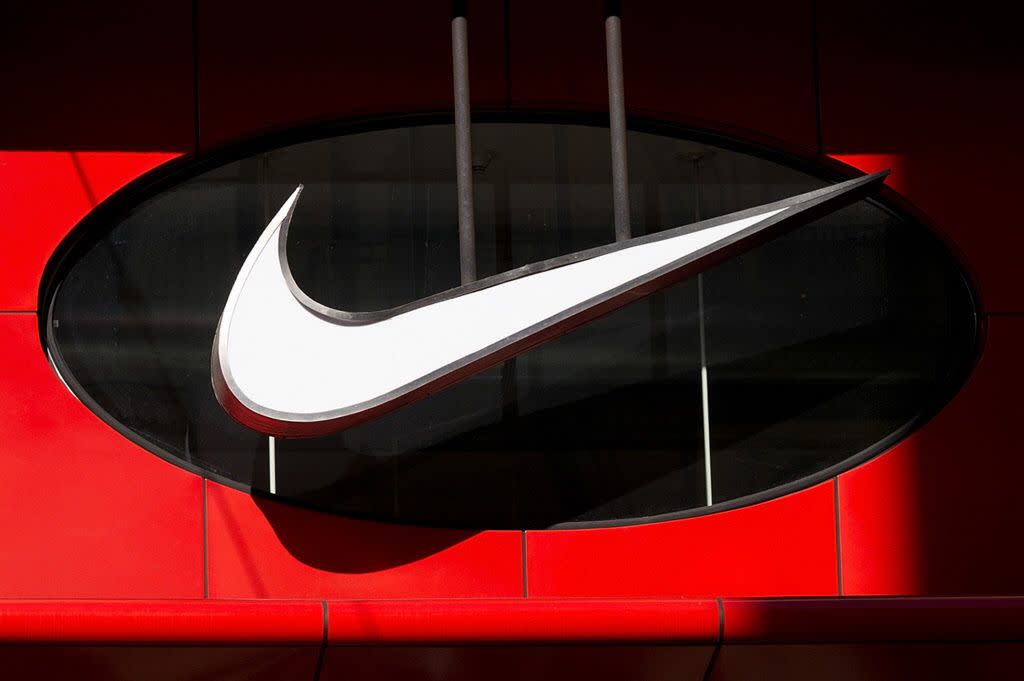
(Bloomberg) — In an industry pressured by soaring inflation, Nike Inc. is suffering more than most as its exposure to the fallout from the war in Ukraine and supply-chain issues put its shares on track for their worst quarter since 2008.
The stock is down 22% this year, double the pace of the 11% decline in the S&P 500 consumer discretionary index, as decades-high inflation hurts shoppers’ sentiment and wallets. The company will report fiscal third-quarter earnings after markets close on Monday.
Production shortfalls and transport delays in particular make for a “tough-to-predict” report, according to Morgan Stanley analyst Kimberly Greenberger. Even if the company delivers a beat and raise quarter, uncertainty around the drivers of underperformance in China, potential impacts from Russia’s invasion of Ukraine and inventory levels could keep the stock range bound.
Read more: Nike’s Supply Chain a Key Focus in Quarterly Report: Preview
“It’s unlikely 3Q results resolve these lingering debates, delaying any material valuation re-rating to the 4Q earnings report (in June) or beyond,” Greenberger wrote in a note last week. Nike shares fell 0.8% on Monday.
BofA Securities analyst Lorraine Hutchinson recently lowered her earnings per share estimates for fiscal 2022 and 2023, citing exposure to Russia and eastern Europe as well as Covid-related volatility in China.
Bloomberg Intelligence: Russia Risk May Threaten Nike’s $11 Billion of Sales in EMEA
Still, analysts remain largely positive on Nike, which has 28 buy ratings, 7 holds and 1 sell, according to data compiled by Bloomberg. Even though several analysts have trimmed their price targets ahead of earnings, the average analyst target still implies return potential of 29% for the next 12 months.
“We see a compelling buying opportunity for one of our favorite long-term growth stories,” Truist Securities analyst Beth Reed wrote in a note last week.
©2022 Bloomberg L.P.